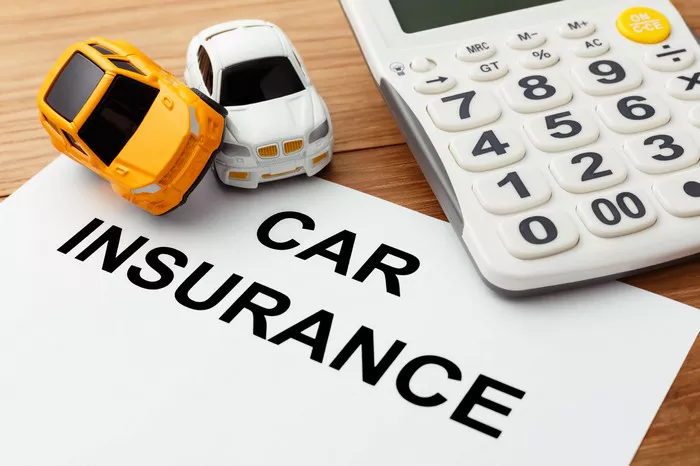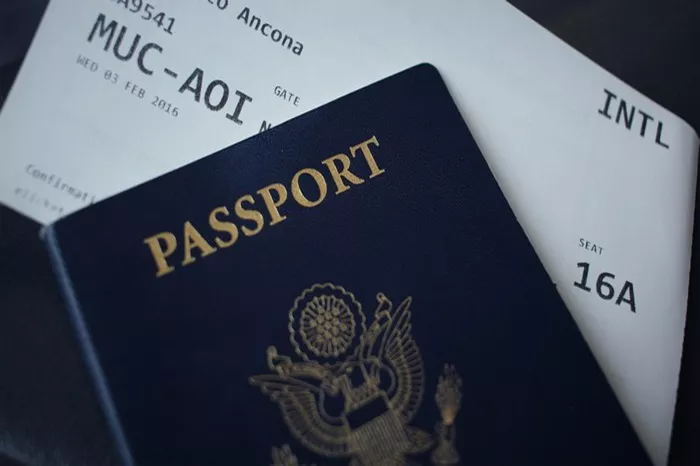Securing car insurance involves more than just choosing a provider and paying your premium. One of the crucial steps in the process is gathering and submitting the required documents. Understanding what documents you need for car insurance can streamline the application process and prevent delays. This article will detail the essential documents needed for car insurance in 2024, helping you navigate the process with confidence.
Personal Identification
Driver’s License
The driver’s license is a fundamental document required for car insurance. It serves as proof that you are legally permitted to drive and provides essential information about your driving history.
Proof of Identity
In addition to your driver’s license, insurance companies may require additional proof of identity. This could include a passport, state-issued ID, or other government documents that verify your identity.
Social Security Number
Your Social Security number (SSN) is often required for identity verification and to check your driving history. It helps insurance companies assess your risk profile and determine your premium.
Vehicle Information
Vehicle Registration
The vehicle registration document provides information about the car you intend to insure. It confirms that the vehicle is legally registered and includes details such as the make, model, and year of the car.
Title of the Vehicle
If you own your vehicle outright, you’ll need to provide the title. The title proves ownership and may be required to verify that there are no liens or outstanding loans against the vehicle.
Proof of Purchase
For newly purchased vehicles, a proof of purchase or bill of sale is necessary. This document confirms that you have acquired the vehicle and provides details about the transaction.
Insurance History
Previous Insurance Policy
Your previous insurance policy can be crucial in determining your new policy’s cost. Insurance companies often use your past coverage to assess your risk and may offer discounts based on your claims history.
Proof of Continuous Coverage
If you have had uninterrupted car insurance coverage, providing proof of continuous coverage can be beneficial. This documentation shows that you have maintained insurance without gaps, which may positively impact your premium.
Financial Information
Proof of Address
A recent utility bill, lease agreement, or bank statement can serve as proof of address. This document verifies where you reside and is often required to ensure that the policy details match your current location.
Payment Information
When applying for car insurance, you’ll need to provide payment information, such as credit card details or bank account information. This is used to set up your payment plan and ensure that premiums are paid on time.
See Also: Can I Cancel My Car Insurance for 1 Month?
Additional Documentation
Safety Inspection Report
Depending on your location and the age of your vehicle, a safety inspection report might be required. This report confirms that your vehicle meets safety standards and is roadworthy.
Emissions Test Report
In some areas, an emissions test report is necessary to ensure that your vehicle complies with environmental regulations. This document demonstrates that your vehicle meets emission standards.
Loan or Lease Agreement
If you are financing or leasing your vehicle, you’ll need to provide a copy of the loan or lease agreement. This document outlines the terms of your agreement and confirms that the vehicle is being financed or leased.
Special Considerations
New Drivers
If you are a new driver, you may need to provide additional documentation, such as a learner’s permit or proof of driver’s education. These documents help insurance companies assess your experience and risk level.
High-Risk Drivers
For high-risk drivers, additional documentation may be required to assess risk factors. This could include detailed records of past accidents or violations.
International Drivers
If you are an international driver, you may need to provide additional documents, such as an international driver’s permit or proof of residency. These documents help verify your driving credentials and residency status.
Conclusion
In summary, understanding what documents you need for car insurance is crucial for a smooth application process. From personal identification to vehicle information and financial details, having the required documents ready can expedite your policy approval and ensure that you are adequately covered. As you prepare to secure your car insurance in 2024, make sure to gather all the necessary documents to facilitate a seamless experience.
FAQs
1. What documents do l need to get car insurance in the UK?
- your full name (as it appears on your driving licence).
- your date of birth.
- you permanent, home address.
- your occupation.
- your email address.
- the registration of the car you want to drive.
- your driving licence number.
2. Is car insurance mandatory in Hong Kong?
Third-party car insurance is mandatory in Hong Kong to protect the general public and help cover road accidents. Third-party insurance is crucial to protect the affected victim or assist in property damage repair. Although the minimum policy may not be enough and will not help the driver or personal car damage.
3. Does the registered keeper have to insure the car in the UK?
No, the registered keeper doesn’t have to insure the car. To insure the car, you’ll need to be what’s known as an ‘insurable interest’. This could mean you’re either: the spouse/civil partner of the registered keeper of the car and you are living together.
4. How does insurance work in BC?
The main thing to note in BC is that it operates under a public insurance model, with ICBC providing basic coverage for all drivers. Secondly, it operates under an Enhanced Care model, which emphasizes a no-fault system where anyone in an accident can access medical benefits no matter who is at fault for the accident.
5. What is insurance and how do you get it?
Insurance is a financial safety net, helping you and your loved ones recover after something bad happens — such as a fire, theft, lawsuit or car accident. When you purchase insurance, you’ll receive an insurance policy, which is a legal contract between you and your insurance provider.






















